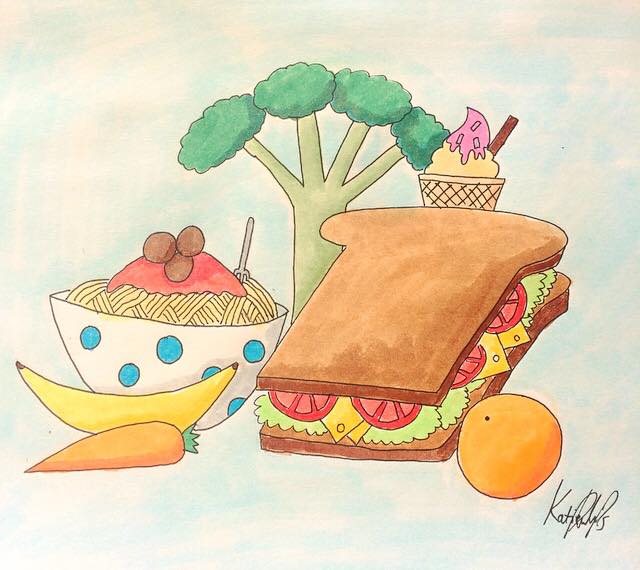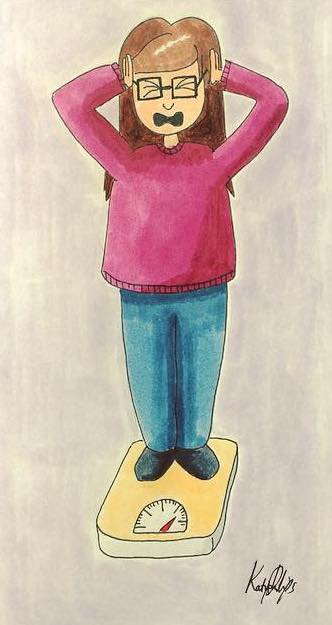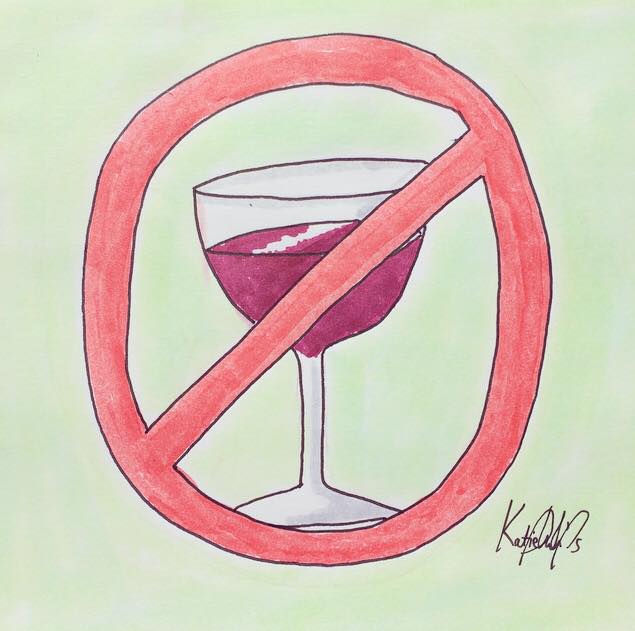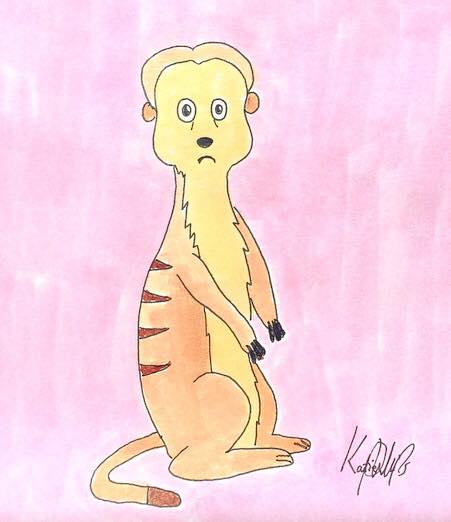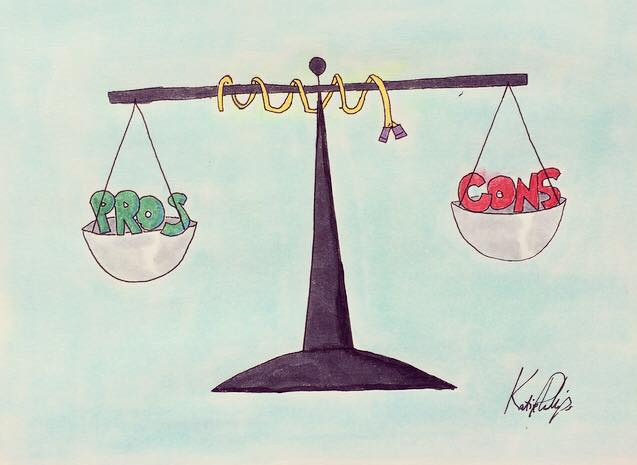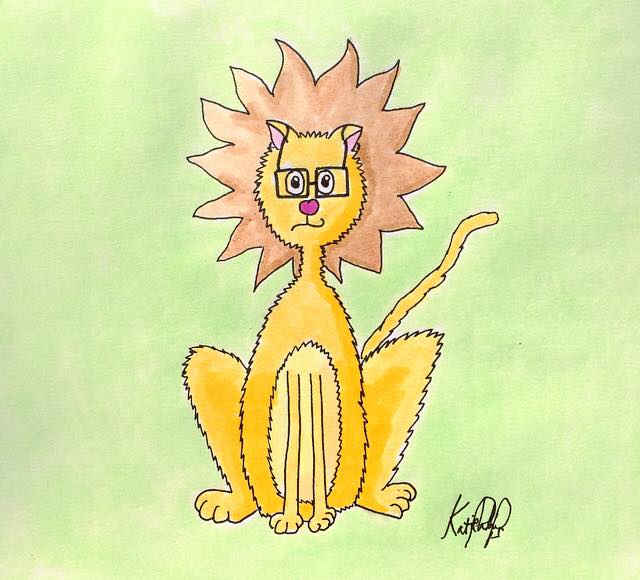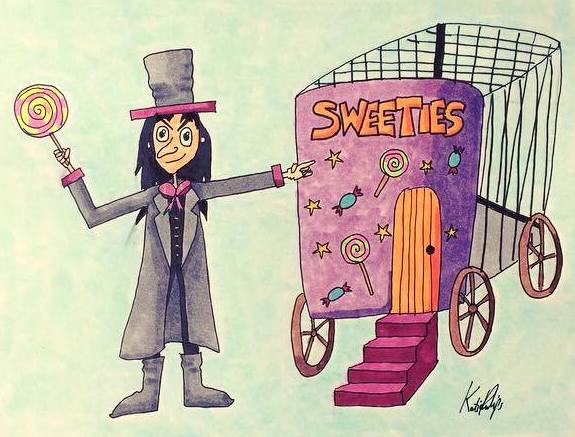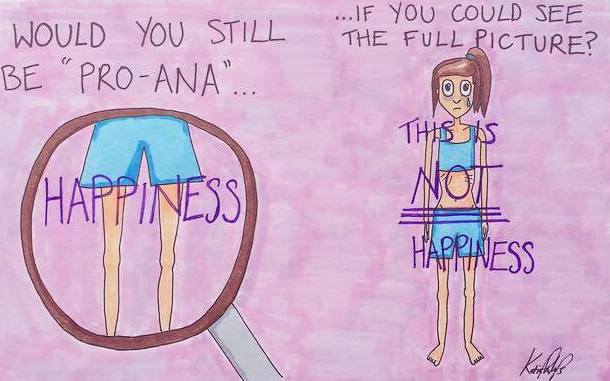Oh what a week it has been! Friends gather round, because boy do I have a disaster of a story to tell you!
So let’s go from the very beginning (a very good place to start I hear) which takes us back a few weeks ago to a time when I was feeling very guilty about the idea of applying for benefits from the government due to mental health problems. I know that technically I am entitled to monetary support but I have always struggled with the guilt over accepting it and for this reason, a couple of weeks ago, I decided to try and get a job. Ideally I wanted a job for only a few hours a week because I knew that anymore and I couldn’t cope, so I was thrilled when a few days into my search I found that my local supermarket were looking for someone to do a 12 hour contract. Consequently I filled out an application form, had an interview and bingo! I got the job! But the problems did not end there…
The problems started on my very first shift of 2-10pm on June the 23rd 2018. I arrived promptly to meet the manager who was lovely, and then I was placed on the till with the idea of shadowing another member of staff. When I was shadowing it was all fine as all I really had to do was stand there and try to figure out what was going on, but then it was my turn to go on the till and it was here that the problems began. You see, because of OCD I find it extremely hard to touch things, primarily money. Now you may be wondering why I thought I should accept a job where touching money was going to be part of the proceedings but hey, I will be honest, I didn’t know it was going to be as much of a problem as it was. From my very first customer I was in trouble. I not only had to touch money but I had to touch the till, and inside my head was screaming. Unfortunately though, I hadn’t told the members of staff about my problems so I had to simply do my best and soldier on as if nothing was wrong. It was agony. With every customer that came along I became closer and closer to tears as my anxiety levels rose and rose. I was making silly mistakes on the till because I was so anxious I couldn’t focus on what I was doing and the more failures I made the more embarrassed I became. Not only was I struggling with touching things though, I was also struggling with members of the public looking at me. You see in recent weeks my self esteem has taken a violent plummet to the depths of the bottom of the ocean (around the place the Titanic lies buried under a hell of a lot of water), and I strongly believe that I am the most hideous being to ever grace the planet. Consequently, being looked at by members of the public was really difficult and raised my anxiety levels further.
For two hours I did my best, touching things and being seen, but then someone I knew came into the store and from there it all fell apart. Don’t get me wrong, it was lovely to see a friend as I was working but it was a friend who I haven’t seen since all of this alcohol induced weight gain and therefore they naturally commented on it. Again don’t get me wrong, nothing nasty was said, my friend just told me how well I looked, but this was enough for me to feel like the fattest person who has ever lived on the planet and from then on as I stood by that till, I was swallowing back the tears. I tried to carry on swiping and talking, being as good as I could be with customer service but soon I started to feel a panic attack coming on. All the touching, all the being seen, the encounter with a friend all got too much and soon I was finding it hard to breathe/hold back the tears/not faint. Immediately I realised that I couldn’t do the task anymore, so I ducked away to speak to the manager in the office where I had one of the most humiliating discussions I have ever had.
Luckily the manager I spoke to was lovely, beyond lovely but it was incredibly humiliating having to explain that I was struggling on the till because I am completely mental. In hindsight I should have told my employers about the problems before (note to all people out there, if you are going to get a job, let people know about your problems first) but foolishly I had kept all that quiet in the foolish hopes that it wouldn’t be relevant . Thankfully the manager accepted what I said about my mental health problems and he sent me home, which was a big relief. I practically ran home in tears, anxious about disappointing my parents but thankfully they were lovely and understanding too.
Cut to now, the next day, when I am currently sitting and writing this blog not knowing what to do about anything. I had a job, I managed two hours and then I ran away, so who knows what is going to happen next. I don’t know whether or not to quit (that is if I even still have a job to quit after my behaviour) or whether or not to try and give it another go. All I know is that that two hour shift was utterly and completely terrifying and I feel like a massive failure for giving up on my first day of work. I so desperately wanted to achieve something, to be normal, to have a job and I messed it all up.
I guess on the positive side I have learnt the lesson that when you go into a new job with mental health problems, it is important that you tell the employer, but other than that I cannot see any good that has come from this. Maybe I should run away with the circus and become a clown.
So that is my latest update, I had a job, I lasted two hours and then I have potentially quit the job. Like I said I won’t know what exactly is happening until I next get to speak to the manager, but it looks like this career has gone down the drain before it ever got the chance to start. In the meantime I am going to keep going, keep blogging and trying to keep myself safe at this still difficult time (I still haven’t managed to stop drinking yet and I am sorry to all those that news disappoints…still working on it though…). Anyway, that is all I have for now…
Take care everyone x

